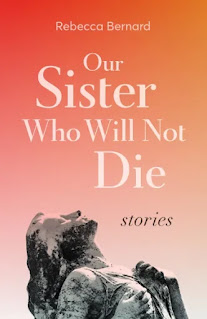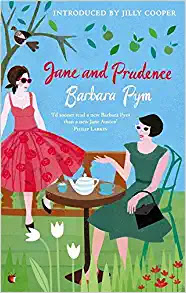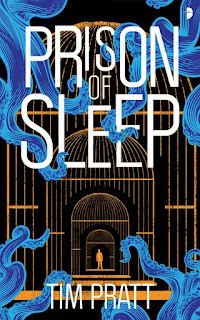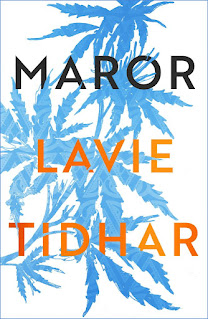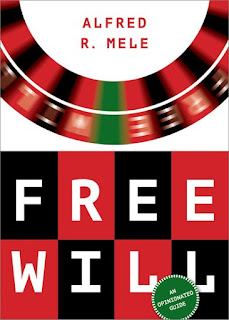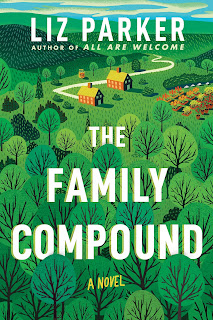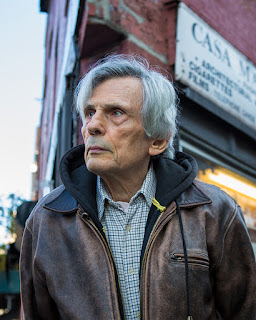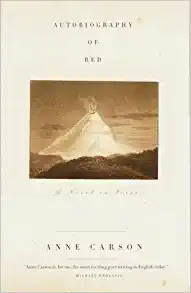
Her entry begins:
My reading is often shaped by my writing. So, for instance, I’m currently working on a biblio-memoir about my long-term love affair with Anne Carson’s novel in verse, Autobiography of Red. I’ve spent the last two decades reading and rereading Red. The book has molded who I am as a reader, as a teacher, and as a writer. Over the past twelve months, I have pretty much read everything Carson has ever written. For a newcomer to Carson’s oeuvre, I recommend her scholarly book about desire, Eros the Bittersweet, her fascinating collaged elegy for her brother, Nox, and of course Autobiography of Red. Carson is a poet, a scholar, a translator, and a maker of unclassifiable texts. This deep immersion in her work has encouraged me to be more playful in my own writing, to experiment with blending or ignoring genre, and to write about experiences I’ve been afraid to...[read on]About Taste: A Book of Small Bites, from the publisher:
Taste is a lyric meditation on one of our five senses, which we often take for granted. Structured as a series of “small bites,” the book considersLearn more about the book and author at Jehanne Dubrow's website.the ways that we ingest the world, how we come to know ourselves and others through the daily act of tasting.
Through flavorful explorations of the sweet, the sour, the salty, the bitter, and umami, Jehanne Dubrow reflects on the nature of taste. In a series of short, interdisciplinary essays, she blends personal experience with analysis of poetry, fiction, music, and the visual arts, as well as religious and philosophical texts. Dubrow considers the science of taste and how taste transforms from a physical sensation into a metaphor for discernment.
Taste is organized not so much as a linear dinner served in courses but as a meal consisting of meze, small plates of intensely flavored discourse.
Writers Read: Jehanne Dubrow (April 2010).
Writers Read: Jehanne Dubrow (November 2012).
Coffee with a Canine: Jehanne Dubrow and Argos.
Coffee with a Canine: Jehanne Dubrow & Lola and Bandit.
Writers Read: Jehanne Dubrow.
--Marshal Zeringue





